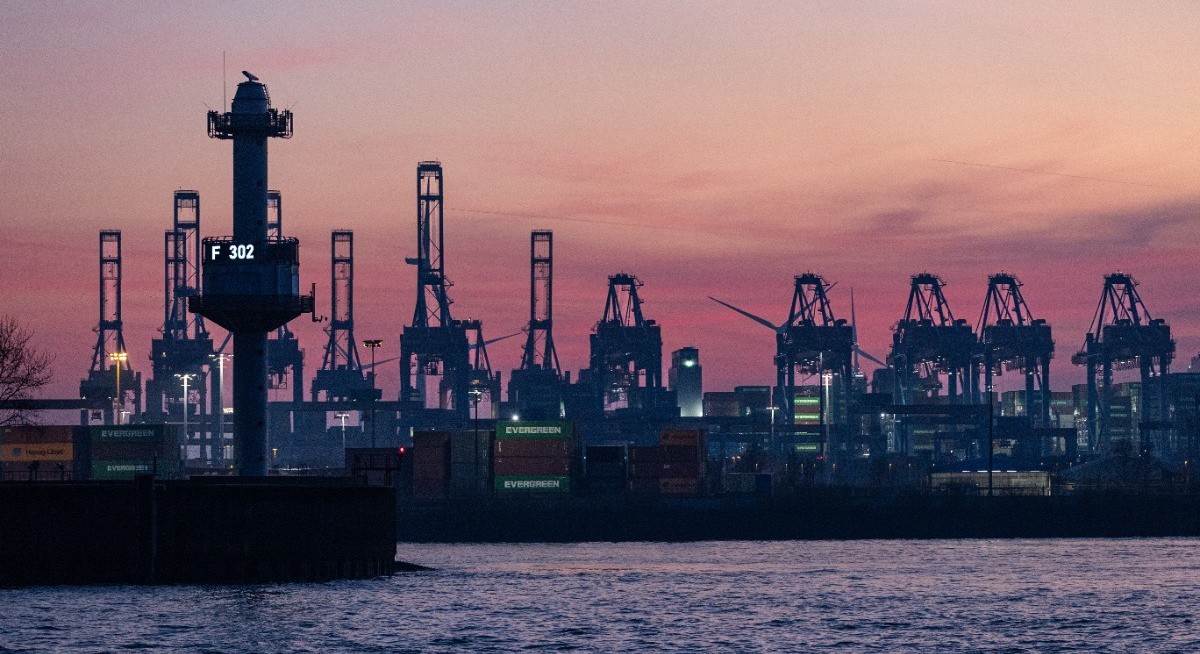“Economic activity was hampered in the third quarter by weak exports while investments increased slightly,” Destatis president Ruth Brand said in a statement.
Europe’s largest economy is struggling to emerge from a slump that saw gross domestic product fall in 2023 and 2024. It’s particularly vulnerable to higher US levies and weak global demand, and is suffering from longer-standing structural problems from excessive red tape to a lack of skilled workers.
While US President Donald Trump and European Commission President Ursula von der Leyen agreed on a trade pact in late July, that still leaves Germany’s export-heavy economy with higher levies than before the former took office in January.
However, higher government spending on defence and infrastructure should buoy activity in the coming years, along with lower interest rates. Chancellor Friedrich Merz’s ruling coalition expects GDP to rise 1.3% in 2026 and 1.4% in 2027, after inching up 0.2% this year.
See also: European Parliament backs online and offline digital euro
The Bundesbank has said the economy may return to growth in the final three months of 2025, with exports and industry set to stabilise. But a poll on Monday showed business confidence unexpectedly dipped while there are fears new public debt will just plug budget holes, not finance additional investments.
“Higher government spending for more public investment is one thing,” Bundesbank president Joachim Nagel said Monday. “However, this should definitely be accompanied by reforms that sustainably strengthen Germany as a business location.”
Uploaded by Arion Yeow




